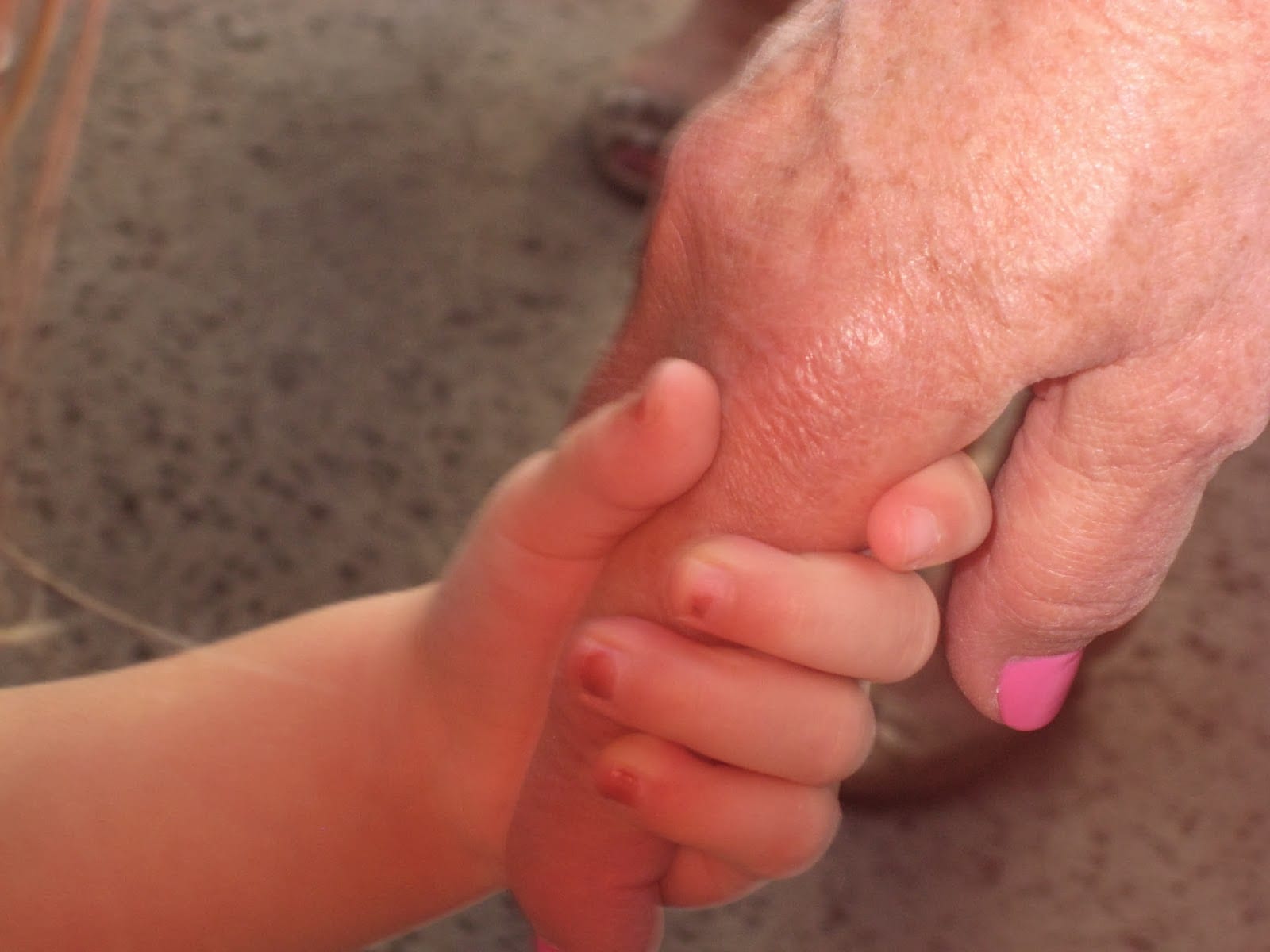Such a standard question, whether we meet someone on an airplane or find
ourselves at a child’s Back-to-School Night or at a dinner party for our
partner. Such a simple question
and so loaded.
answer, but it feels so inadequate.
I am a product of my upbringing, a survivor of sexual abuse, a child of
divorce. For years I looked
forward to becoming an adult so that I could free myself from my parents and
become less defined by them and their hold on me. I looked forward to exploring the world and looking at
things in a new light and making decisions that would shape my future. I wanted to fully blossom into the
person I was meant to be.
identity stories would come with me, packed snugly in whatever vessel I chose
to carry as I made my way in the world.
Any decision I made hearkened back to the lessons I had learned, the
overarching messages I had heard over and over again, and the things I told
myself in an effort to make sense of the way my life was as a child. No matter how “free” I thought I was,
making decisions I knew my parents would disapprove of or choosing things because
they were so vastly different from the choices they would have made, the fact
is that I was still shaped by my experiences with them.
found out I was going to have a baby.
I was going to be a mother. And I vowed to make good, healthy choices. I
vowed to make decisions with more self-awareness than my parents had. I vowed to be different. And still, those notions of who I was
and wanted to be stemmed from the stories I told myself about where I came
from.
hard way. For most of my life,
they had been the levees on either side of my life path. Always present,
bounding my idea of who I was and leading me in a certain direction. I moved forward, unquestioning,
frustrated by the limitations, but never truly understanding that these
boundaries were of my own making.
of my own evolution. And I began to count the years that I have been things
other than what I grew up with.
Eighteen years married to a loving, supportive man. Twelve years as the
mother of an energetic, open-hearted daughter. Thirty years a writer.
Three years a yoga practitioner.
And for most of this time, I have been padding the scales on the other
side. Thirty-two years a survivor
of sexual abuse. Thirty years a child of divorce. Yes. But those
things are no more indicative of who I am than the things toward which I am moving
and striving. And their hold is
beginning to expire. The statute of limitations is running out.
happens to us as humans, it takes five positive experiences to counteract it.
Evolutionarily, that was important so that we would remember the harmful,
frightening things and not repeat them or put ourselves in danger. When I think about it that way, I
realize that I have had so many more positive moments in my life that I chose
to live out within the boundaries of the “Who I Am” levee than it took to
actually construct those walls in the first place. I am allowed to evolve. I am allowed to grow and add to the
list of “who I am.” I am allowed to strive for more and let those unhappy
definitions fall to the bottom where they belong. There is no forgetting or negating the impact they had on
the person I am becoming, but there is also no reason to let them limit who I
can become. Or who I am
today.
might be.” In giving myself
permission to expand the definition of who I am, I can begin to move past the
things that I have limited myself to for so many years. When the levee walls fall away, the
possibilities are endless.





